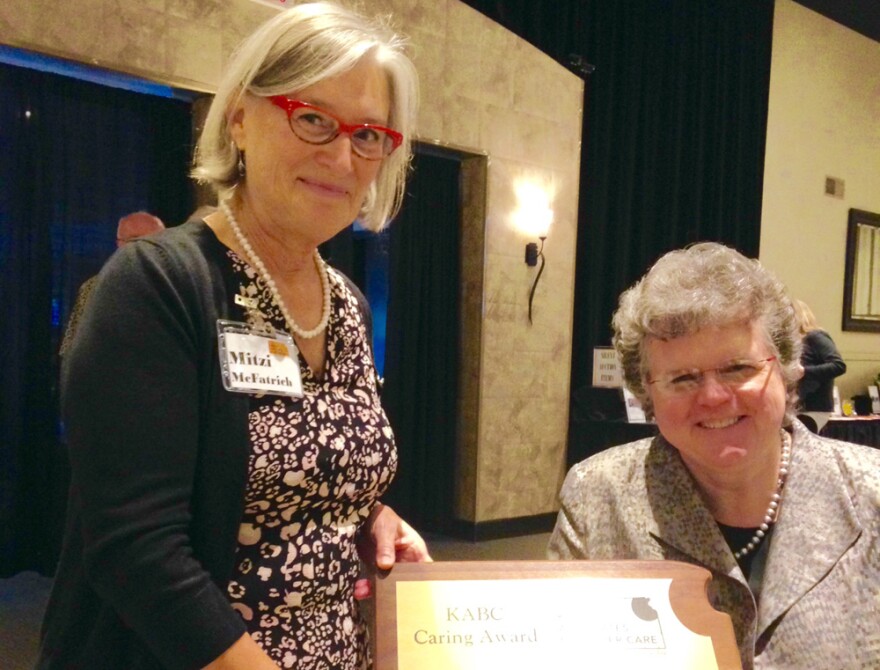When politicians talk about government’s role in caring for the nation’s seniors, they usually limit their comments to shoring up Social Security and Medicare. There’s little mention of elder abuse, end-of-life issues or how best to help families cope with a loved one’s dementia.
“That’s common, and there are reasons for it,” says Kathy Greenlee, assistant secretary for aging at the U.S. Department for Health and Human Services from 2009 to the end of July of this year.
“When the discussion turns to aging issues, the big, macro issues — Social Security and Medicare — are the first to come forward. And they are so weighty, they tend to bog down additional conversation,” she says. “It’s easy to shy away from going into the weeds.”
Greenlee, who recently accepted a position as vice president of aging and health policy at the Center for Practical Bioethics in Kansas City, says she hopes to reroute some of the conversation.
“I wish it could be about what it’s like to be an older person in this country and what types of supports are needed for them and their caregivers to live meaningful lives,” she says. “I believe we’d be richer for having that discussion.”
Before joining the Obama administration, Greenlee, 56, was secretary of aging in Kansas for three and a half years. She also served as the state’s long-term care ombudsman and ran the Senior Health Insurance Counseling for Kansas program.
Greenlee has met President Barack Obama twice. The first time, she says, she mentioned her concern that not enough was being done to prevent elder abuse; the second time, during last year’s White House Conference on Aging, Obama underscored his administration’s commitment to protecting seniors from exploitation.
“That was first time a president had ever mentioned the topic,” says Greenlee, who is nationally recognized for her efforts to combat elder abuse.
“People need to understand that elder abuse is rampant,” she says. “It exists on a level that would shock most people. Depending on the data, one in every 10 older adults is abused every year; probably one in five is financially exploited.”
Greenlee says she used to “fret” over how best to educate the American public about elder abuse. She doesn’t anymore.
“I’ve learned that when you start talking to people, everyone has a story about someone they know getting called by a telemarketer — whether they fell for the scam or not — or someone whose children started misusing their money while they were in a nursing home,” Greenlee says. “Everyone has an anecdote.”
The federal government, she says, is putting together a “collective response” to the issue.
“What we need are multi-disciplinary teams — law enforcement people, guardianship people, health care providers, psychologists — to be able to analyze any one particular situation and find a way to help a person who’s been victimized become a survivor, and to figure out what supports they may need,” she says.
Greenlee says her biggest “structural accomplishment” while at HHS was the 2012 launch of the Administration for Community Living, an agency charged with increasing access to services meant to help frail elders and people with disabilities live in community-based settings.
“That was the first time in 20 years that a new agency was created within HHS,” she says.
On Tuesday, Greenlee starts her job at the Center for Practical Bioethics, a national organization that addresses ethical issues involving health care and research.
“As soon I heard she was thinking about coming back to Kansas and was interested in coming to the center, I said, ‘We’re going to make this happen,’” says John Carney, the center’s president and CEO. “Her stature is national. We’re thrilled.”

